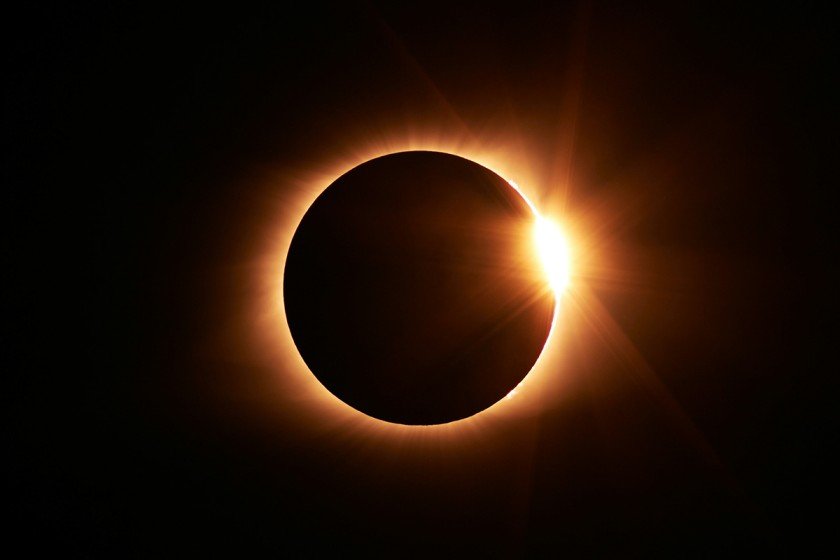A solar eclipse is such an event that everyone wants to see and take photos of, but NASA has clearly forbidden it. Seeing the solar eclipse is considered wrong according to Indian culture and mythology. There is a scientific and real reason for this; after all, why should any eclipse not be seen with naked eyes? Generally, every person watches the eclipse or does photography for which they are prohibited.
This time, NASA has clearly forbidden neither photography nor viewing with naked eyes during the solar eclipse. This can be harmful for eyes and phones. Some people have asked NASA if they can take a photo with their own smartphone instead of looking at it, to which NASA has responded via Twitter.
Also Read: Android 15 Will Have a New Desktop Feature: It Could Be Like Samsung Dex
Solar Eclipse in EDT Time Zone
This solar eclipse 2024 will occur at 2:07 a.m. on April 8, when the Moon faces the Sun, according to the EDT timezone. The timing of Solar Eclipse 2024 Totality will begin at 3:20 PM EDT and last until 4:33 PM EDT when the Moon passes the Sun. According to this time zone, the best time to view the solar eclipse is 3:20 EDT, which will give you 3 minutes and 38 seconds to view it. During this time, the Moon will completely cover or hide the Sun. In this process, a diamond ring shape will be formed, in which a ring-like shape or circle will be formed around the eclipsed Sun.

Solar Eclipse in Indian Time Zone
According to Indian culture and mythology, seeing a solar eclipse has a bad effect on the eyes because, at this time, the ultraviolet rays coming from space directly affect the eyes. Apart from this, one should not go outside the house or under the open sky during the eclipse because, due to this, there can be chances of getting many types of skin infections. According to Indian time, Solar Eclipse 2024 will take place on Monday, April 8, which will start at 9:12 pm and end at 2:22 pm when the Moon will cross the Sun. At night, the total solar eclipse will occur at 11:47 pm. The solar eclipse in 2024 will last for 5 hours and 10 minutes.
NASA Twitter (X) Information
According to NASA, it would be advisable not to do photography during this solar eclipse in 2024. Because if you do photography, then the harmful rays coming from the sun can damage some components of the phone. Especially, it can damage some sensors on the phone. NASA has given this information on its Twitter (X) handle.
“We asked our @NASAHQPhoto team, and the answer is yes, the phone sensor can be damaged just like any other image sensor if it’s pointed directly at the sun. This is especially true if you’re in any way You are using the magnifying lens attachment on your phone. You will need to use the appropriate filters just like any other camera. The best practice when taking a photo of the Sun at any point other than totality would be to use your phone’s Place a pair of eclipse glasses in front of the lens.”
Use Eclipse Filter Lenses & Glasses
If you still want to photograph the solar eclipse, then, like other cameras, you should use a filter lens that will avoid direct impact on the phone’s sensors, and you can also buy eclipse glasses that will protect your eyes. Could. It can also be used for photography; photos can be clicked by placing glasses in front of the camera.
As NASA suggests, you should take care of your device case and use filters. Due to expensive phones, if the sensor is affected, it can be quite expensive. On NASA’s website, he has shared how photography can be done using the lens.






